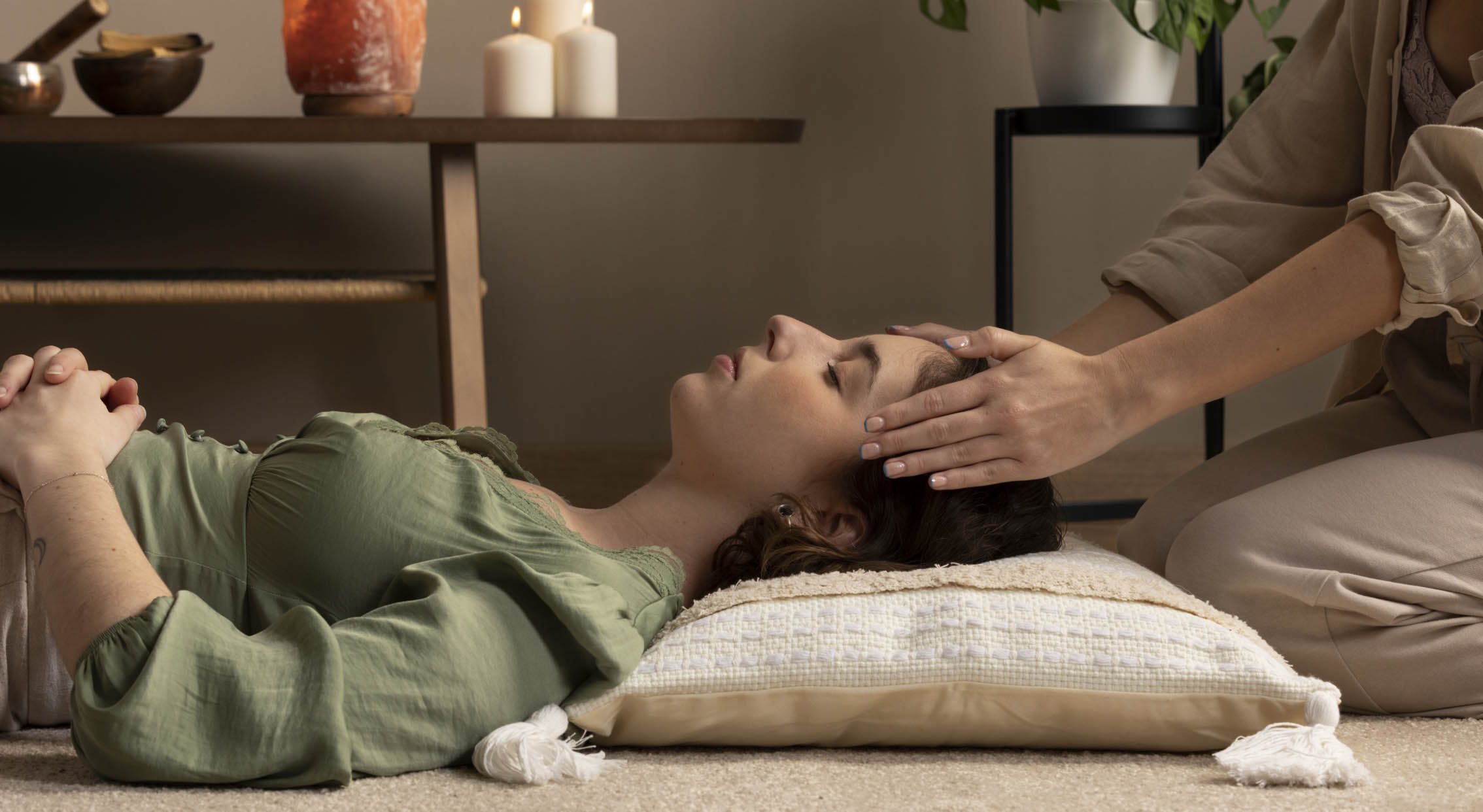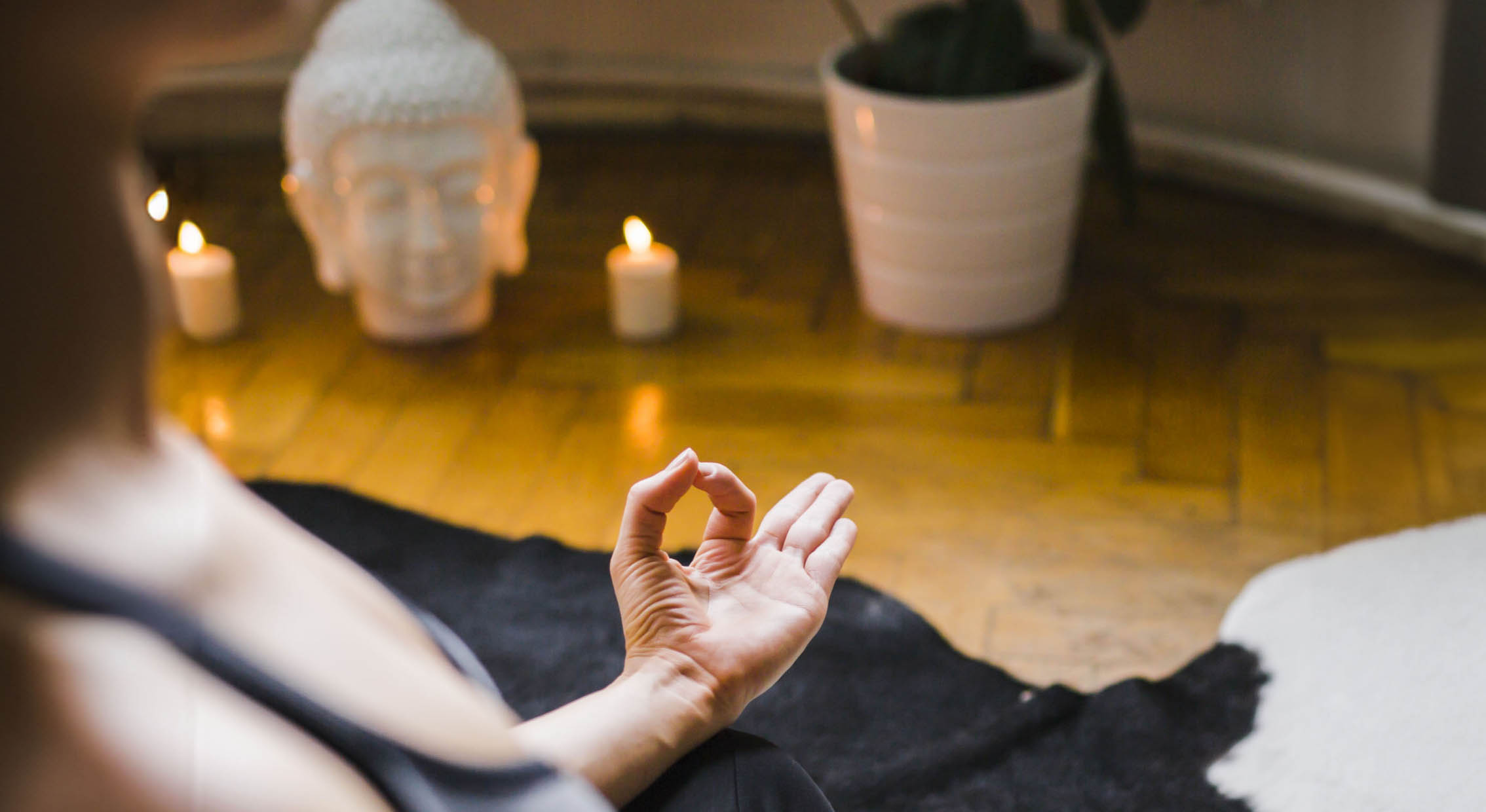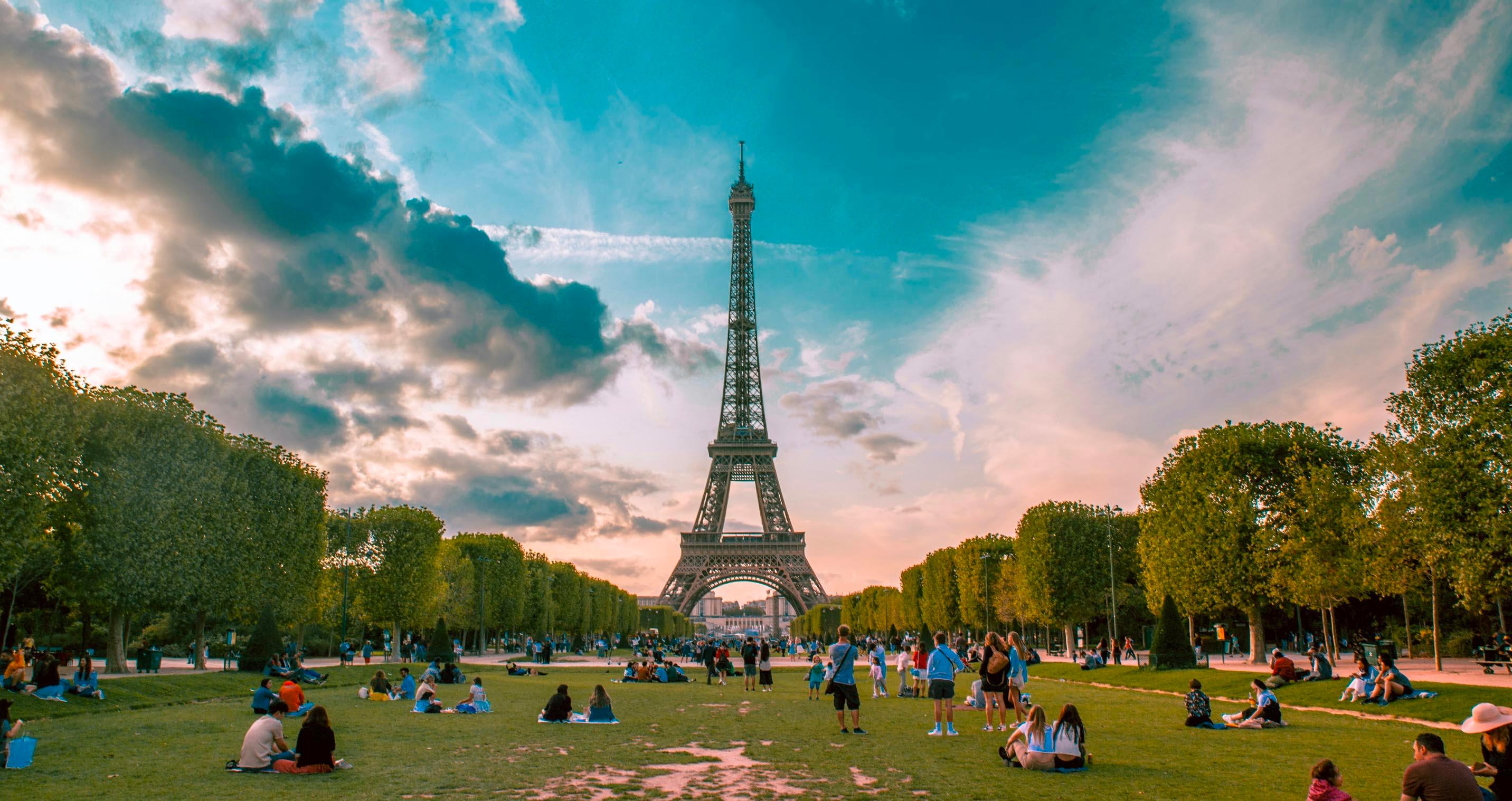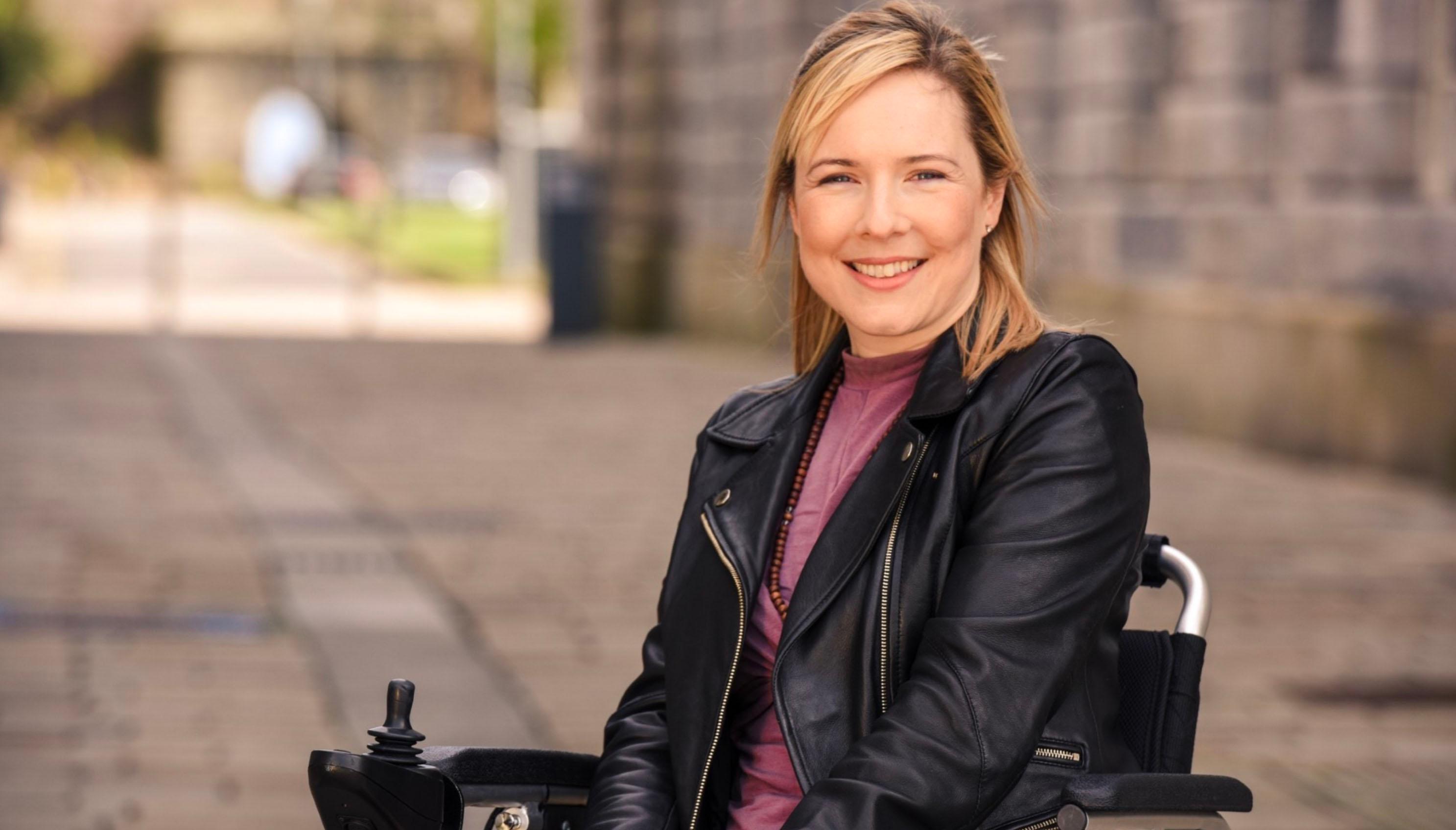Reiki: A Journey of Healing and Self-Discovery By Lisa Harris

Reiki, a healing technique with roots in ancient Eastern wisdom, is experiencing a resurgence in popularity as people seek holistic approaches to well-being. This gentle, non-invasive practice involves the practitioner channelling universal life force energy to the recipient, promoting relaxation, reducing stress and supporting the body’s natural healing processes. Celebrities like Gwyneth Paltrow, Kourtney Kardashian, and athletes like Cristiano Ronaldo have turned to Reiki to enhance their well-being, manage stress, and even find emotional healing after difficult times, as shared on Keeping Up with The Kardashians.
The origins of Reiki can be traced back to early 20th-century Japan, where Mikao Usui, a spiritual seeker, rediscovered this ancient healing art. Usui’s teachings emphasised not only the physical healing aspects of Reiki but also its spiritual and philosophical dimensions, recognising the interconnectedness of mind, body and spirit. He founded the Usui Reiki Ryoho Gakkai, an organisation dedicated to teaching and practising Reiki, in 1922.
Reiki is based on the belief that a subtle energy flows through all living things. This energy is essential for health and vitality. When this energy becomes blocked or depleted, it can lead to physical or emotional imbalances. Reiki practitioners believe that by channelling universal life force energy, they can help to remove these blockages and restore balance, promoting healing and well-being.
The practice of Reiki involves the practitioner placing their hands lightly on or above the recipient’s body, often following a series of hand positions corresponding to different energy centres. The recipient remains fully clothed and typically lies on a massage table or sits comfortably in a chair.

During a Reiki session, many people report feeling a deep sense of relaxation and peace. Some may experience warmth or tingling sensations, while others may see colours or images. The experience is unique to each individual, but the overall goal is to promote relaxation, reduce stress, and support the body’s natural healing abilities.
Reiki is not a substitute for conventional medical care, but it can be a valuable complementary therapy. It has been used to help people manage a wide range of conditions, including chronic pain, insomnia and the side effects of cancer treatments. It can also support those experiencing anxiety, depression and grief. It can even help people struggling with addiction by promoting emotional balance and reducing cravings.
If you’re seeking a holistic approach to health and well-being, Reiki may be worth exploring. Its gentle touch and focus on energy balance offer a unique and potentially transformative healing experience. As Reiki continues to evolve and adapt to the changing needs of society, its timeless principles of healing and compassion remain as relevant and transformative as ever.
By Lisa Harris










